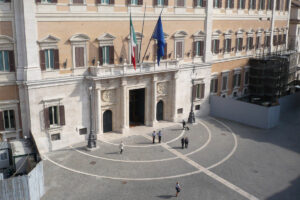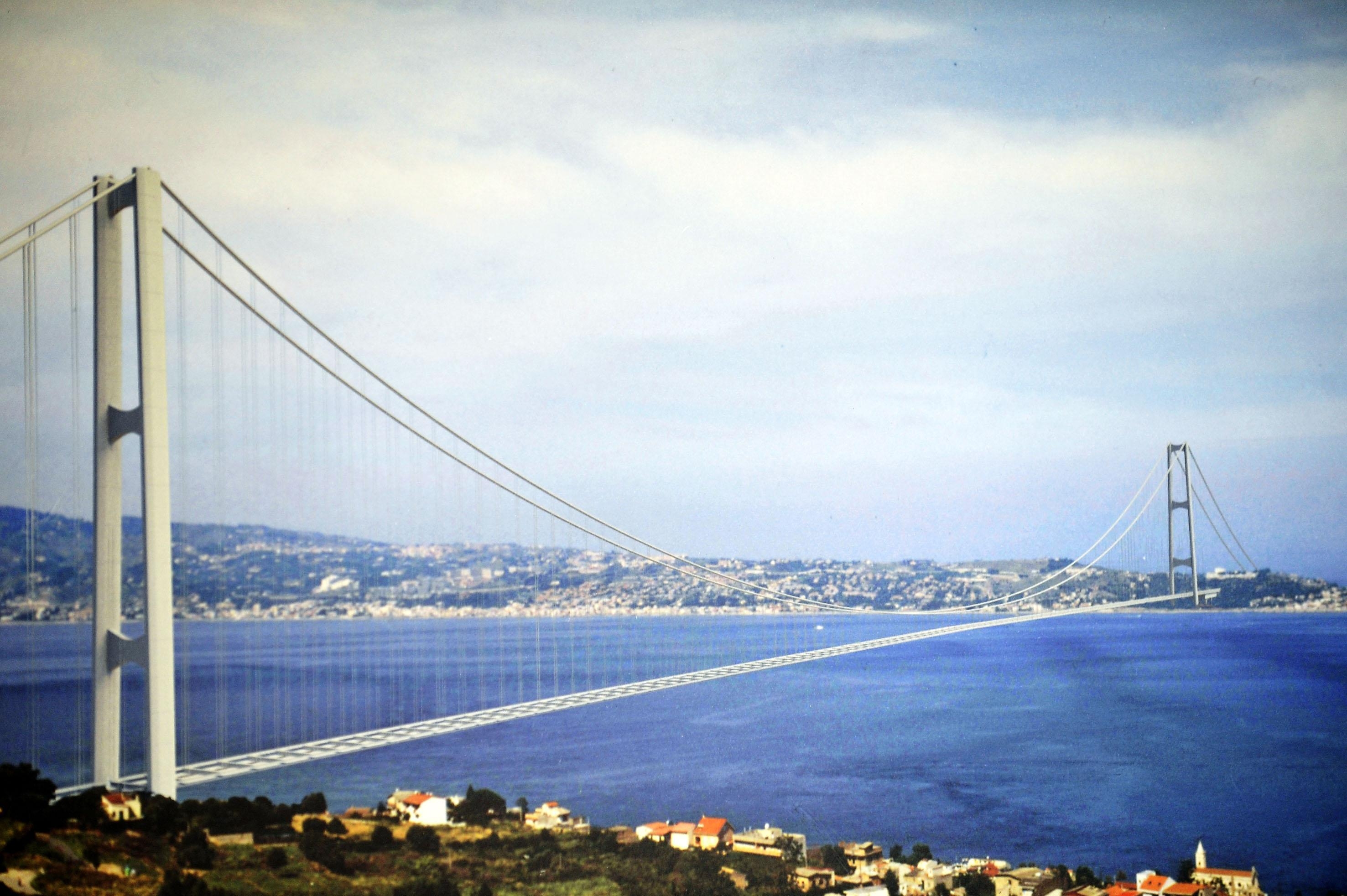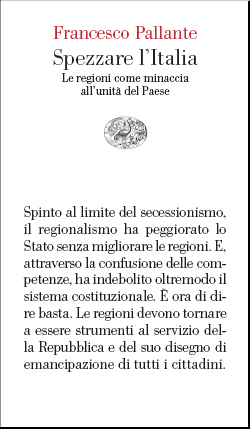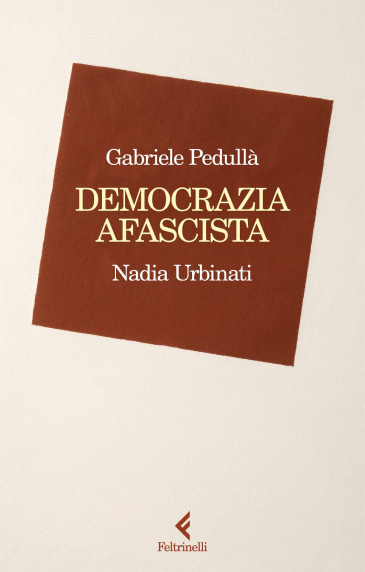Difendiamo la Costituzione, i diritti e la democrazia, puoi unirti a noi, basta un piccolo contributo
Matteo Renzi’s reforms are a constitutional bridge to nowhere
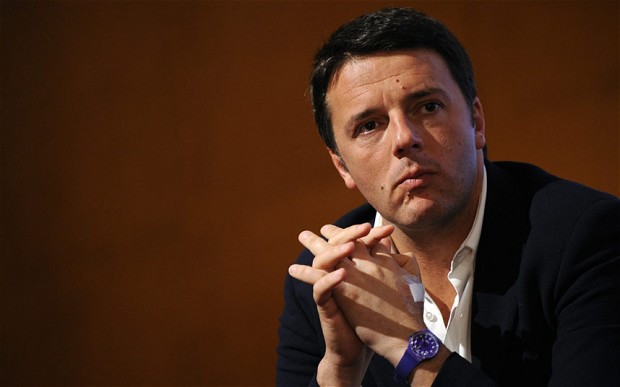
Supportaci
Difendiamo la Costituzione, i diritti e la democrazia, puoi unirti a noi, basta un piccolo contributo
Promuoviamo le ragioni del buon governo, la laicità dello Stato e l’efficacia e la correttezza dell’agire pubblico

